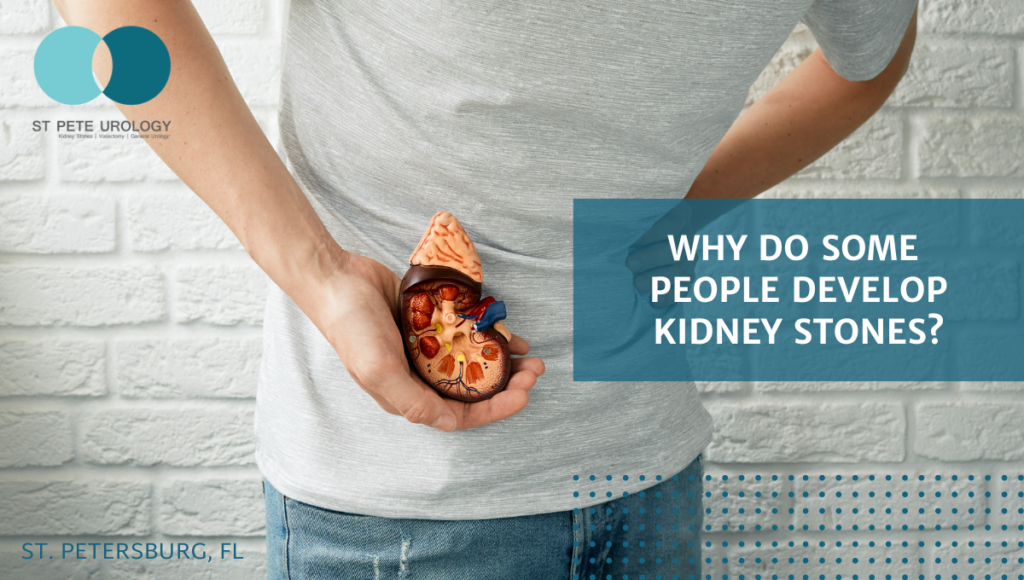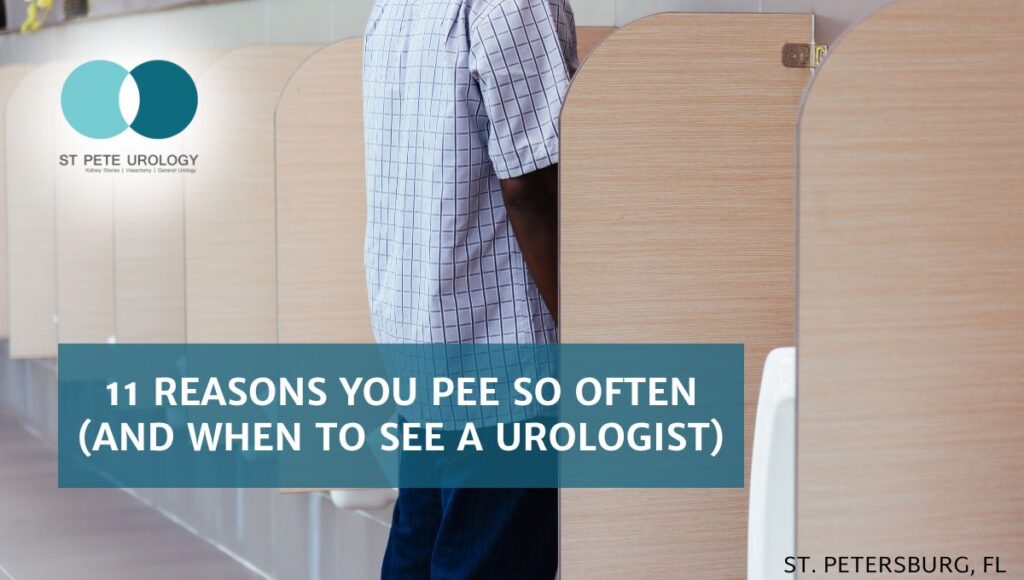Key Takeaways:
- Kidney stones are caused by genetics, diet, and lifestyle/medical conditions.
- There are four types of kidney stones with different causes and characteristics.
- Early diagnosis and lifestyle modifications are key to reducing the risk of kidney stones and improving prognosis.
Some physiological issues come with universal dread—an appendicitis, a gallbladder attack, kidney stones. While you may have heard of this painful condition, you may not understand what kidney stones are, or, more importantly, why some people develop them. Understanding the causes behind kidney stones will equip you with the knowledge to mitigate your risk and ensure your body’s vital systems stay in top shape.

An Overview of Kidney Stones: More Common Than You Think
Kidney stones are hard deposits of minerals and salts that form inside your kidneys. Their prevalence, while not always discussed, is more significant than you might think. Each year, over half a million people go to emergency rooms for kidney stone problems. Typically, these stones manifest through severe pain in the side and back, below the ribs, pain during urination, or persistent need to urinate. They can even lead to urinary tract infections or kidney damage if left untreated.
Understanding the Factors: Why Do Some People Get Struck?
Your susceptibility to kidney stones boils down to several key elements: your genetic makeup, your diet and hydration, and certain lifestyle and medical conditions.
Genetics plays a pivotal role; a family history of kidney stones or certain genetically-linked health conditions can increase your risk. Diet also contributes substantially: a high-sodium or high-protein diet can exacerbate stone formation, as can inadequate fluid intake. Lifestyle factors such as a sedentary regimen and obesity significantly heighten the risk, whereas certain medical conditions like gout and urinary tract infections, can serve as breeding grounds for kidney stones.
Know Your Stones: A Diverse Cast of Unwanted Guests
Not all kidney stones are created equal, and the four types — calcium stones, uric acid stones, struvite stones, and cystine stones — each have their unique causes and characteristics. Calcium stones, for instance, are usually in the form of calcium oxalate and are often formed due to high oxalate levels. Uric acid stones, on the other hand, often form in people who lose too much fluid or eat a high-protein diet, and are more common in those with genetic susceptibility. Struvite stones are often a response to an infection, like a urinary tract infection, whereas Cystine stones are tied directly to genetic disorders that cause the kidneys to excrete an excess of certain amino acids.
Diagnosis and Treatment: Identifying the Problem and Addressing It
Diagnosing kidney stones usually involves imaging tests and urine analysis. Depending on the severity of the condition, treatment can range from medication and dietary modifications to surgical procedures like lithotripsy or a ureteroscopy. Preventive measures to stave off recurrence typically involve lifestyle changes like drinking more water, reducing sodium intake, and maintaining a healthy weight.
The Final Takeaway: Knowledge is Power
In conclusion, understanding the causes to develop kidney stones — whether genetic, dietary, or lifestyle-related — is the first step towards prevention and intervention. Early diagnosis and lifestyle modifications can significantly improve your prognosis if you are at risk.
Making strides to reduce the prevalence of kidney stones also calls for further research. While we understand some causes behind the formation of kidney stones, there is always more to learn. Luckily, Florida is home to some of the nation’s top urologists, including the team at St Pete Urology. With their depth of experience, compassionate care, and commitment to the latest treatments, these urologists in FL are leading the charge in kidney stone diagnosis, treatment, and prevention.
References:
- St. Pete Urology | Urologists in St Petersburg, Florida. (2022, July 11). St Pete Urology. https://stpeteurology.com/kidney-stones/
- St Pete Urology. (2017, April 19). 7 Common Symptoms of Kidney Stone and Treatment Options. St Pete Urology. https://stpeteurology.com/kidney-stone-treatment-options/
- Kidney Stones. (2021, December 13). National Kidney Foundation; https://www.kidney.org/atoz/content/kidneystones
- Watson, S. (2017, October 20). 8 Signs and Symptoms of Kidney Stones. Healthline; Healthline Media. https://www.healthline.com/health/symptoms-of-kidney-stones
- NHS Choices. (2023). Overview – Kidney stones. https://www.nhs.uk/conditions/kidney-stones/





